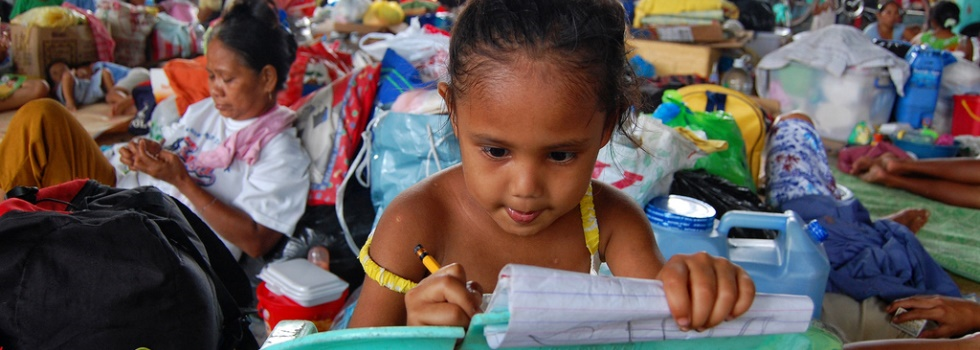
Three implementation teams from the Open Data for Resilience Initiative (OpenDRI) were involved with Open Data Day events in several regions. As the Open Data movement continues to gain traction around the world, February 23, 2013, marked the third annual Open Data Day in 70 cities all around the world showing support for and encouraging the adoption of open data policies by the world's local, regional, and national governments.
The event is primarily intended for networking and collaboration in the open data and open government communities and welcomes anyone interested in open data—the curious citizen, the journalist, the tech-geek, the student, the scientist; and/or the policy-maker. This year, participants developed their own community portal, the Open Data Day Wiki, to share and capture the event’s emerging fresh knowledge.
The Caribbean
From the Latin America region (LAC), the Caribbean countries participated for the first time by live-streaming the Caribbean’s regional OpenDRI launch, whose culmination coincided with Open Data Day on Feb 23. The launch consisted in a week-long advanced training with more than 40 data managers learning how to manage, share, and increase use of spatial data to reduce disaster risk in the Caribbean.The Caribbean’s GIS Advanced Data Training was sponsored by the World Bank, the GFDRR, and the University of West Indies-Saint Augustine in Trinidad and Tobago.

The Caribbean Training Participants (Courtesy of Bradley Lyons, LAC)
Participants were trained on the use of open source geospatial tools and spatial data management practices, and ultimately, the development of their respective national OpenDRI action plans. This multifaceted learning experience will allow national ministries and agencies to populate, catalog, view, and share data on a central repository to increase the access and use of data to inform decision-makers.
The Philippines
In East Asia and the Pacific (EAP), the Philippines’ OpenStreetMap (OSM) Community and the Environmental Science for Social Change (ESSC) with representatives from the University of the Philippines and the Department of Science and Technology hosted a day of mapping, skill sharing and data hacking to connect persons interested in using the OSM open source software and other open datasets for development. The Philippines also celebrated with an OpenStreetMap (OSM) mapping party and hackathon on various open data projects in Quezon City.
The Philippines’ participation in Open Data Day 2013
Nepal
In the South Asia Region (SAR), Nepal participated in Open Data Day events in both Jawalakhel, Lalitpur and Washington DC in a 4-hour Mapathon and the Washington DC Open Data Hackathon respectively. Together, over 45 mappers from Kathmandu University, Nepal’s College of Engineering, Amrit Science College and Institute of Engineering added to Kathmandu’s OpenStreetMap important map parameters such as building height and construction type for assessing earthquake damage risks. This work expands both maps and their user community and is part of the first phase of a project led by the GFDRR and OSM Nepal that focuses on tracing building footprints from satellite imagery provided by Digital Globe and the State Department’s HIU. Subsequent phases will have ground surveys validate the data and add additional information.
Nepal’s participation in Open Data Day 2013


Left photo: Mappers in Kathmandu; Right photo: Mappers in Washington D.C.
(Courtesy of MapBox,http://mapbox.com/blog/mapping-kathmandu-stats/ )
The Open Data for Resilience Initiative (OpenDRI) cordially invites and encourages global participation in Open Data Day 2014, and in doing so, joining together with the World Bank’s Open Data Initiative, which recognizes that as a knowledge institution, the World Bank’s first step is to share its knowledge freely and openly and that transparency and accountability are essential to the development process and central to achieving the Bank’s mission to alleviate poverty. The Bank’s commitment to openness is also driven by a desire to foster public ownership, partnership and participation in development from a wide range of stakeholders.
Content: Robert Soden, Bradley Lyons, Abigail Baca and Maria L. Madrid
For additional information contact mmadrid@worldbank.org
